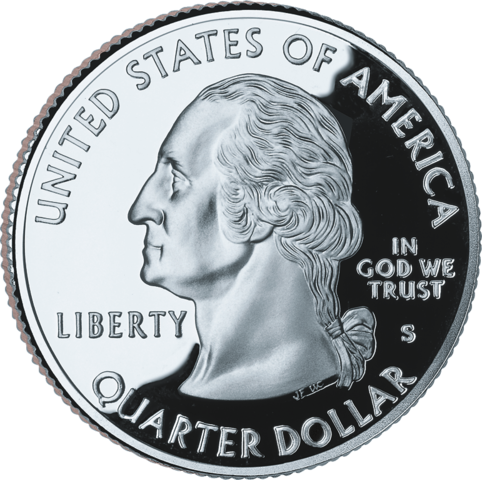-
2-minute read
-
26th July 2018
Word Choice: Fourth vs. Forth
‘Four’ is spelled with a ‘u’. ‘Forty’ is spelled without one. And it is perhaps this mysterious disappearing ‘u’ that leads to confusion over ‘fourth’ and ‘forth’. However, while these might look like different spellings of the same term, they are actually completely different words!
Find out what each one means and how to avoid errors in your writing.
Fourth (Number 4 in a Sequence)
The noun ‘fourth’ is an ordinal number. It is therefore the word we use when something is number four in rank or sequence. For example, we might say:
He finished fourth in the race.
This term can also be shortened to ‘4th’, especially in dates. However, it is usually better to write the term out in full when it is part of a full sentence in formal writing.
‘Fourth’ can also refer to a fraction in American English. This is what we would call a quarter in Australian English (i.e. one of four parts).
Find this useful?
Subscribe to our newsletter and get writing tips from our editors straight to your inbox.
Subscribe to Beyond the Margins and get your monthly fix of editorial strategy, workflow tips, and real-world examples from content leaders.

Forth (Onward or Outward)
The word ‘forth’ is primarily an adverb. This mean we use it to show how an action was performed. In particular, we can use ‘forth’ to show movement:
- Out or away from a point in space (e.g. We set forth on our journey after breakfast.)
- Onward from a point in time (e.g. From that day forth I never ate breakfast again.)
This is quite an unusual term in modern English, so you may not need to use it very often, but it is still a very useful word to know.
Fourth or Forth?
Don’t be misled by the spelling of ‘forty’! The word ‘fourth’ always requires a ‘u’, just like ‘four’. ‘Forth’, meanwhile, is typically an adverb that means ‘outward’ or ‘onward’. Remember:
Fourth = Number four in a sequence
Forth = Onward or Outward